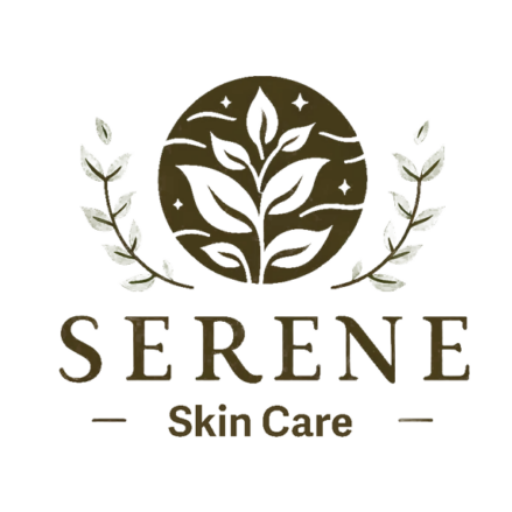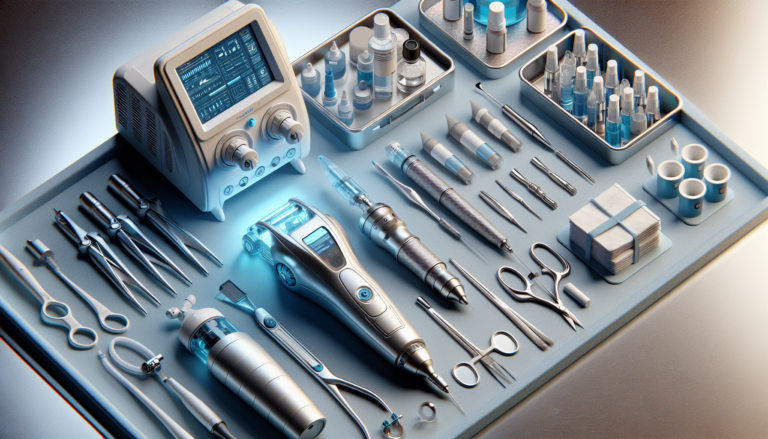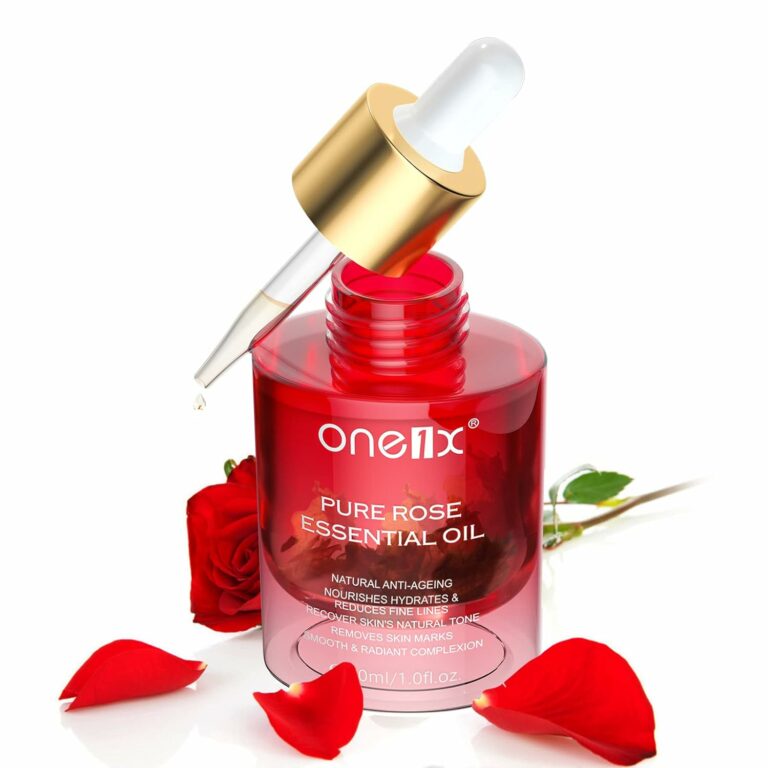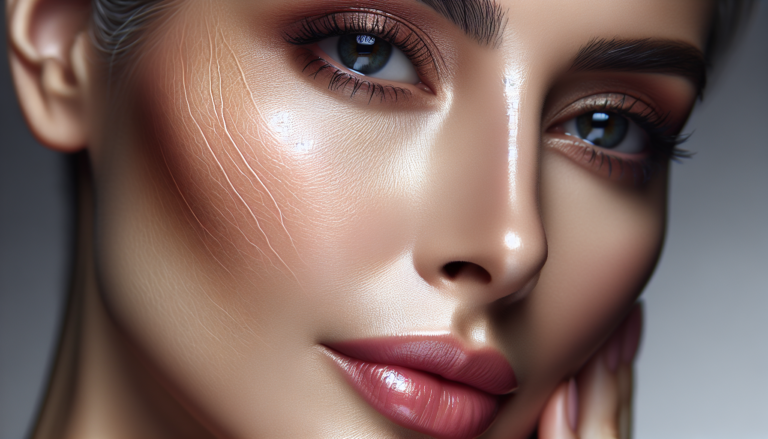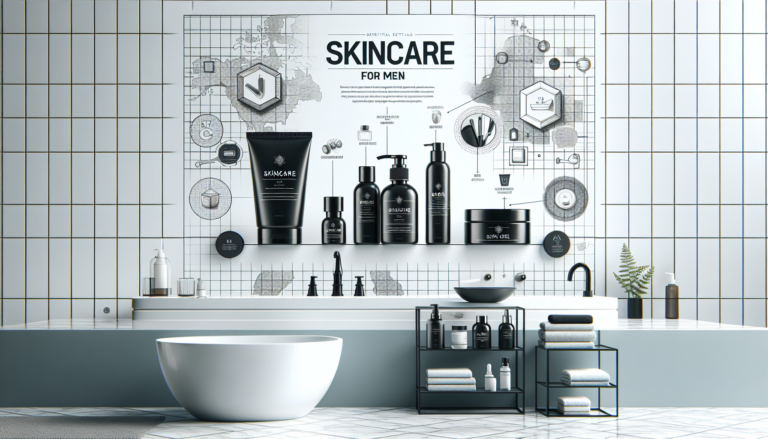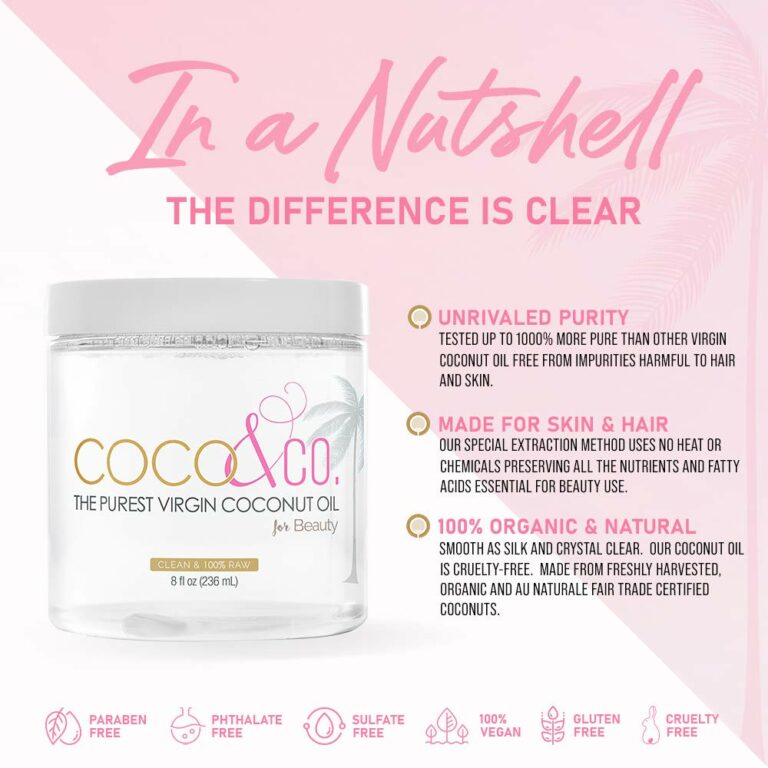Are you a teenager struggling with skincare? Look no further! “Teenage Skin: The Ultimate Guide to Radiant Complexion” is here to help you on your journey to achieving a glowing and healthy complexion. In this comprehensive guide, we will explore the best practices, tips, and tricks specifically tailored to teenage skin. Say goodbye to pesky breakouts and hello to radiant and confident skin. So, let’s dive in and unlock the secrets to a flawless complexion that will make heads turn.
Understanding Teenage Skin
The Basics of Teenage Skin
Teenage skin is unique and requires special attention and care. During the teenage years, your body goes through various hormonal changes that can affect your skin. These changes are often characterized by increased oil production, acne breakouts, and occasional dryness or sensitivity. Understanding the basics of teenage skin will help you develop a skincare routine that caters specifically to your needs.
Hormonal Changes and its Effects on Skin
Hormonal changes play a significant role in teenage skin issues. During puberty, the body produces higher levels of hormones, such as androgens, which can lead to increased sebum production. This excess oil can clog pores and result in acne breakouts. Hormonal changes can also impact the skin’s moisture levels, causing dryness or sensitivity. It’s essential to understand how these hormonal fluctuations affect your skin to effectively manage and address any skin concerns.
Common Skin Concerns in Teenagers
Teenagers often experience specific skin concerns that are commonly attributed to hormonal changes and other factors. Acne is one of the most prevalent skin concerns during this stage of life. It can manifest as pimples, blackheads, whiteheads, or cysts and can have a significant impact on self-esteem. Oily skin is another common issue, as the sebaceous glands produce excess oil. On the other hand, some teenagers may also experience dry or sensitive skin, characterized by flakiness, redness, or itching. Understanding these common skin concerns will help you tailor your skincare routine accordingly.
Daily Skincare Routine for Teens
Cleansing
Cleansing your skin is the foundation of any skincare routine. Use a gentle cleanser specifically formulated for teenage skin to remove dirt, excess oil, and impurities. Avoid harsh scrubbing, as it can irritate the skin. Wash your face twice a day, once in the morning and once before bed, to keep your skin clean and fresh.
Toning
Toning is an important step to balance the pH levels of your skin and remove any remaining traces of dirt or cleanser. Choose an alcohol-free toner suitable for teenage skin and apply it gently using a cotton pad. This step helps prep your skin for the next steps in your skincare routine.
Moisturizing
Even if you have oily or acne-prone skin, moisturizing is essential. Look for oil-free, non-comedogenic moisturizers that won’t clog your pores. Moisturizers help hydrate and protect your skin barrier, preventing dryness and maintaining a healthy complexion. Apply a small amount of moisturizer to your face and neck, focusing on problem areas if needed.
Sun Protection
Protecting your skin from harmful UV rays is crucial for maintaining healthy skin, preventing premature aging, and reducing the risk of skin cancer. Choose a broad-spectrum sunscreen with an SPF of 30 or higher and apply it generously to all exposed areas of your body. Reapply every two hours, especially if you’re spending time outdoors.
Dealing with Acne
Causes of Acne
Acne is primarily caused by overactive oil glands, hormonal fluctuations, and the buildup of bacteria on the skin. When excess oil, dead skin cells, and bacteria clog hair follicles, it can lead to the formation of acne. Hormonal changes during puberty contribute to increased sebum production, making teenagers more prone to acne.
How to Prevent Acne
Preventing acne involves maintaining a consistent skincare routine and adopting good habits. Start by cleansing your face twice a day with a gentle cleanser to remove excess oil and impurities. Avoid touching your face with dirty hands, as it can transfer bacteria. Keep your hair clean and away from your face, as oil and dirt from the scalp can aggravate acne. Additionally, avoid using harsh products or scrubbing your skin vigorously, as it can cause irritation and worsen acne.
Treating Acne
If you already have acne, there are various treatment options available. Over-the-counter products containing benzoyl peroxide or salicylic acid can help reduce acne-causing bacteria and unclog pores. However, if your acne persists or is severe, it’s recommended to consult a dermatologist for personalized treatment options. They may prescribe topical or oral medications to effectively treat your acne and prevent scarring.
Managing Oily Skin
Causes of Excess Oil Production
Excess oil production in the skin is primarily caused by hormonal changes during adolescence. Androgens, a type of hormone, stimulate the sebaceous glands to produce more sebum, leading to oily skin. Additionally, certain genetic factors, stress, and dietary choices can also contribute to excessive oiliness.
Tips for Controlling Oiliness
Controlling oiliness requires a combination of proper skincare habits and lifestyle adjustments. Start by cleansing your face twice a day with a gentle, oil-free cleanser. Avoid over-washing or using harsh toners, as they can strip away the skin’s natural oils and trigger more oil production. Use oil-free, non-comedogenic moisturizers to keep your skin hydrated without adding excess oil. Blotting papers or oil-absorbing sheets can be helpful throughout the day to remove excess oil and shine. Finally, incorporate a healthy diet rich in fruits, vegetables, and whole grains, as a balanced diet can contribute to overall skin health.
Recommended Products for Oily Skin
When it comes to skincare products for oily skin, look for oil-free, non-comedogenic formulas. Choose a gentle cleanser specifically designed for oily or acne-prone skin to remove excess oil without stripping away the skin’s natural moisture. Non-alcoholic toners can help balance the skin’s pH levels without drying it out. Opt for lightweight, oil-free moisturizers that provide hydration without clogging your pores. Additionally, consider using oil-free sunscreen to protect your skin from the sun without adding to oiliness.
Combatting Dry Skin
Causes of Dryness
Dry skin can be caused by various factors such as genetics, weather conditions, and lifestyle choices. Teenagers may also experience dry skin as a result of hormonal fluctuations. In some cases, excessive cleansing or the use of harsh skincare products can strip away the skin’s natural oils and contribute to dryness.
Keeping Skin Hydrated
To combat dry skin, hydration is key. Start by using a gentle cleanser that doesn’t strip away your skin’s natural oils. Avoid hot showers or baths, as hot water can further dry out your skin. After cleansing, apply a rich, hydrating moisturizer to lock in moisture and replenish your skin’s barrier. Look for moisturizers with ingredients like hyaluronic acid, glycerin, or ceramides that can provide intense hydration. You can also consider using facial oils as a part of your skincare routine to give your skin an extra boost of nourishment.
Recommended Products for Dry Skin
When choosing skincare products for dry skin, opt for gentle and nourishing formulations. Look for creamy, hydrating cleansers that won’t strip your skin of its natural oils. Additionally, consider using a hydrating toner to further replenish your skin’s moisture levels. When it comes to moisturizers, choose products that are rich in emollients and humectants to provide long-lasting hydration. Ingredients like shea butter, squalene, or ceramides can help repair and protect dry skin. Don’t forget to include a hydrating lip balm and body lotion in your skincare routine to address dryness in other areas.
Addressing Sensitive Skin
Identifying Sensitive Skin
Sensitive skin is more vulnerable to irritation and adverse reactions to certain products or environmental factors. It can appear as redness, itching, dryness, or a stinging sensation. If you notice that your skin often reacts negatively to skincare products, weather changes, or other factors, you might have sensitive skin.
Gentle Skincare Practices for Sensitive Skin
Developing a skincare routine for sensitive skin requires using gentle products and adopting specific practices. Choose fragrance-free and hypoallergenic skincare products to minimize the risk of irritation. Look for labels that specifically mention suitability for sensitive skin. Avoid harsh exfoliants and opt for mild, non-irritating cleansers. Pat your skin dry instead of rubbing it vigorously and avoid using hot water, as it can exacerbate sensitivity. Finally, perform patch tests when trying out new products to ensure they won’t cause adverse reactions.
Products for Sensitive Skin
When it comes to choosing skincare products for sensitive skin, simplicity is key. Look for gentle, fragrance-free cleansers that won’t strip away your skin’s natural oils. Avoid toners or exfoliants that contain alcohol or harsh ingredients. Opt for mild, hydrating moisturizers with minimal ingredients to avoid potential irritants. Non-comedogenic and hypoallergenic sunscreens can provide protection without causing sensitivity reactions. Remember to check the ingredient list and look for products specifically formulated for sensitive skin.
Preventing and Treating Skin Damage
Protecting Skin from Environmental Factors
Environmental factors like pollution, UV rays, and harsh weather conditions can damage your skin over time. To protect your skin, limit your exposure to the sun and seek shade during peak hours. Wear protective clothing, such as wide-brimmed hats and sunglasses, and use sunscreen daily. Avoid smoking and second-hand smoke, as it can accelerate skin aging and cause wrinkles. Additionally, consider using antioxidant-rich skincare products to help neutralize free radicals and prevent damage.
Dealing with Sunburns
If you do get sunburned, there are several steps you can take to soothe and repair your skin. Start by taking a cool shower or applying cold compresses to relieve discomfort. Avoid using harsh soaps or exfoliants on sunburned skin. Apply aloe vera gel or a soothing moisturizer to hydrate and calm the skin. Over-the-counter pain relievers can help reduce inflammation and discomfort. Lastly, make sure to stay hydrated, as sunburn can dehydrate your body.
Repairing Damaged Skin
To repair damaged skin, incorporate skincare products that promote healing and rejuvenation. Look for ingredients like vitamin C, retinol, or peptides, which can stimulate collagen production and boost skin repair. Hydrating serums or masks infused with hyaluronic acid can help replenish moisture and restore the skin’s barrier. Antioxidant-rich products can also play a crucial role in repairing damage caused by environmental stressors. Remember to be consistent with your skincare routine and give your skin time to heal and rebuild.
Healthy Diet and Lifestyle for Clear Skin
Effect of Diet on Skin Health
Maintaining a healthy diet is vital for clear and radiant skin. Your diet should include a variety of fruits, vegetables, whole grains, lean proteins, and healthy fats. Antioxidant-rich foods like berries, leafy greens, and nuts can help protect your skin from damage. Avoid excessive intake of sugary or processed foods, as they can contribute to inflammation and aggravate acne. Additionally, staying hydrated by drinking plenty of water is essential for keeping your skin hydrated from the inside out.
Staying Hydrated
Drinking enough water is crucial for maintaining hydrated and healthy skin. Water helps flush out toxins and keeps your skin cells plump and moisturized. Aim to drink at least eight glasses of water per day, and increase your intake when you’re physically active or in hot weather. If you find it challenging to consume plain water, consider infusing it with fruits or herbs for added flavor.
Managing Stress
Stress can have a significant impact on your skin’s health. When you’re stressed, your body releases stress hormones that can trigger acne breakouts or other skin issues. It’s important to manage stress levels through healthy coping mechanisms such as exercise, meditation, or hobbies. Getting enough sleep is also essential in reducing stress and promoting overall well-being. Establish a consistent sleep schedule and prioritize quality rest to allow your skin to rejuvenate and repair.
A Guide to Makeup for Teens
Choosing Makeup Products for Young Skin
When it comes to makeup for teens, it’s essential to choose products that are suitable for young, sensitive skin. Opt for non-comedogenic, oil-free formulas that won’t clog your pores or contribute to acne breakouts. Look for labels that mention suitability for teenage or sensitive skin. Avoid heavy foundations and instead, opt for lightweight, tinted moisturizers or BB creams that provide coverage while allowing your skin to breathe. Remember to remove your makeup thoroughly at the end of the day to prevent clogged pores.
Proper Makeup Application Techniques
Applying makeup correctly can make a difference in how it looks and how it affects your skin. Start with a clean and moisturized face to create a smooth canvas. Use clean brushes or makeup sponges to apply your products, ensuring that they are free from bacteria. Blend foundation or tinted moisturizer evenly using gentle, outward strokes. Be mindful of not applying too much product, as it can appear heavy and mask your natural beauty. Remove your makeup at the end of the day using a gentle cleanser and avoid sleeping with makeup on to prevent clogged pores.
Promoting Good Skin Habits
Cleaning Personal Items
Cleaning your personal items, such as makeup brushes, pillowcases, and cell phones, is crucial for maintaining clear skin. Makeup brushes can harbor bacteria and dirt, leading to breakouts. Wash them regularly with a gentle cleanser or specialized brush cleaner. Change your pillowcases frequently to prevent bacteria buildup and transfer onto your skin while you sleep. Clean your cell phone screen regularly, as it can accumulate oils and bacteria that can cause acne breakouts when in contact with your face.
Avoiding Touching the Face
Touching your face with unwashed hands can transfer dirt, oil, and bacteria that can clog pores and cause breakouts. Avoid picking at your acne or touching your face unnecessarily. Be mindful of touching your face throughout the day and try to develop a habit of keeping your hands away from your face. If you need to touch your face for any reason, make sure to wash your hands thoroughly before doing so.
Getting Enough Sleep
Adequate sleep is crucial for maintaining healthy skin. During sleep, your body repairs and regenerates skin cells, producing a refreshed complexion. Aim for 7-9 hours of quality sleep each night. Establish a consistent sleep schedule and create a relaxing bedtime routine to improve sleep quality. Use a silk or satin pillowcase to reduce friction and minimize any potential damage to your skin while you sleep. Prioritize self-care and aim for a balanced lifestyle that includes sufficient sleep.
By understanding the unique characteristics of teenage skin and following a consistent skincare routine, you can achieve and maintain healthy and radiant skin. Remember to listen to your skin’s needs and adapt your routine accordingly. With proper care, your teenage years can be a time of building a solid foundation for long-term skin health.
